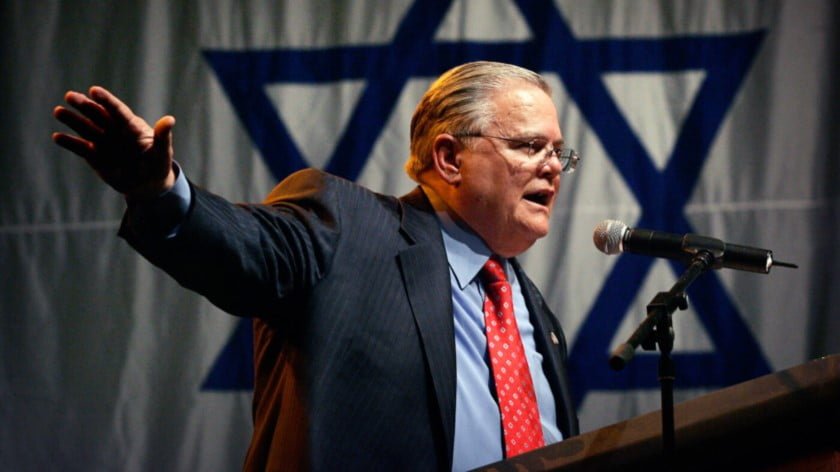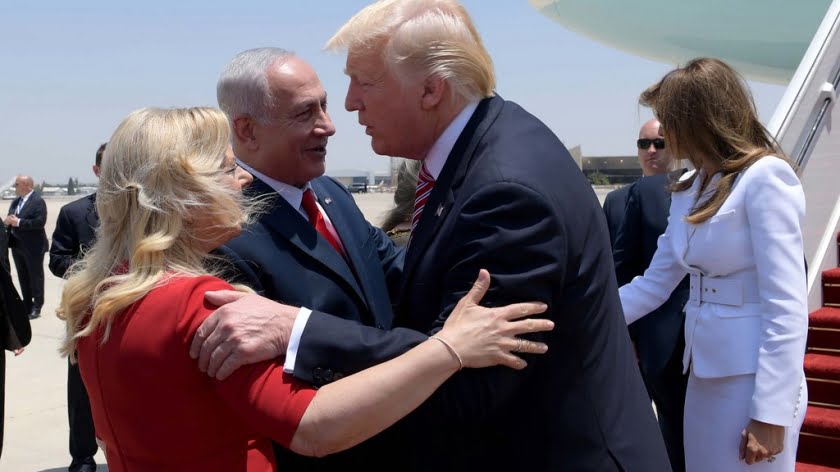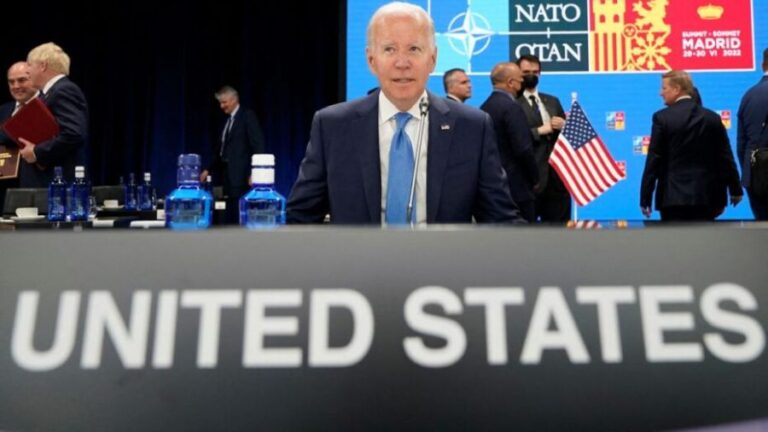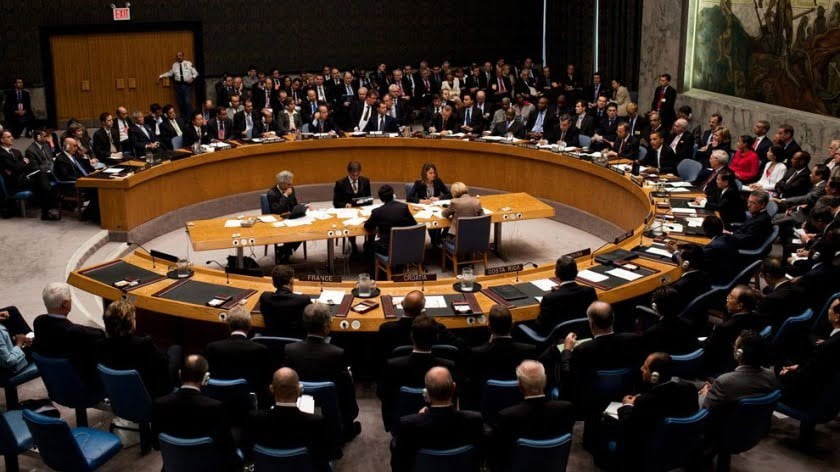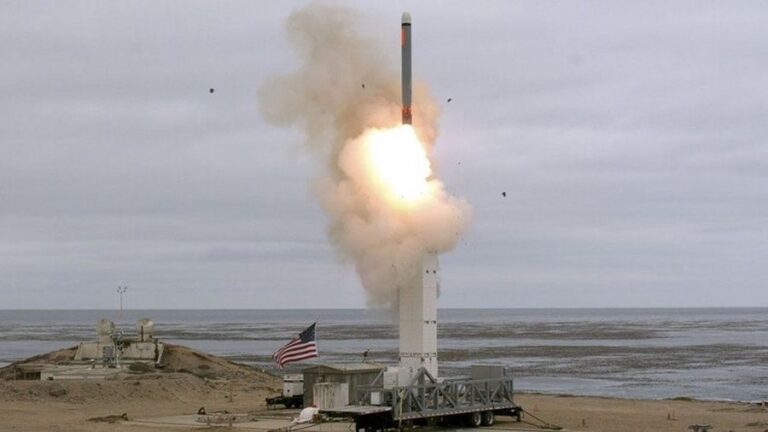Yemen’s Devastating Seven-Year War Continues Unabated
The ongoing seven-year war in Yemen remains an important element of the wider Middle East conflict.
Following the end of a Yemeni truce on October 2, Mohammed Abdessalam of the Ansar Allah group ruling in the North, who is head of the Houthis delegation in talks with the government, said the parties to the conflict in the country were unable to agree to extend the truce that has been in place for six months.
Moreover, the Shiite group Ansar Allah (Houthis), according to Al-Masirah TV, threatened to resume strikes against the oil structure of Saudi Arabia and the United Arab Emirates. The Houthis called on companies operating there to leave the area. Explaining such actions, Ansar Allah stressed that “hostile countries are violating the terms of the truce and preventing the Yemeni people from using their right to distribute national wealth to pay salaries to civil servants.” In their statement, the Houthis also pointed out, “Our armed forces are capable of bereaving Saudi Arabia and the Emirates of their natural wealth if they insist on continuing to deprive the Yemeni people of their natural wealth. Any development is possible.”
The situation in Yemen is taking a sharp turn for the worse despite the attempts made in August and September by the Yemeni Presidential Leadership Council (PLC) to negotiate with the parties to the conflict and international community to achieve peace, rebuild state institutions and ensure decent living conditions in the country. For example, during a meeting in early September with UN Special Envoy for Yemen Hans Grundberg in Riyadh, Rashad al-Alimi, head of the PLC, reiterated the commitment of the Presidential Council and government to achieve a just and comprehensive peace in the country.
The PLC was created in April this year by Yemeni President Abd-Rabbu Mansour Hadi and was given full authority to govern the state during the interim period, following inter-Yemeni negotiations that began on March 30 in Riyadh under the auspices of the UN and at the initiative of the Gulf Cooperation Council (GCC). Rashad Mohammed al-Alimi became the head of this body, which has assumed the duties of president, vice-president and the management of the country’s politics, military affairs and security. He enjoys the support of the US, Saudi Arabia and has close links with the Islamist al-Islah party (the Yemeni wing of the Muslim Brotherhood, a terrorist organization banned in the Russian Federation). The PLC included the chairman of the United Arab Emirates (UAE)-backed Presidency of Yemen’s Southern Transitional Council (STC), Aidarous Al-Zubaidi, among the seven deputies to al-Alimi.
However, despite efforts to find a peaceful solution to the Yemeni conflict, separatist forces from the STC, backed by the UAE, launched a new military operation called “Arrows of the East” in southern Yemen in late August. Its stated aim is to take control of Abyan Governorate, adjacent to Aden province to the east, where the provisional capital is located. Operation Arrows of the East is aimed at “fighting terrorism and clearing the province of extremist groups, as well as protecting roads linking the southern provinces, and curbing arms smuggling across the coastal strip in Abyan,” the STC representatives declare. Earlier, UAE-backed southern separatist forces took control of Yemen’s Shabwa province, dislodging army units. In mid-December 2021, a number of Arab-language media published information according to which the UAE Armed Forces had begun building a military airfield on the island of Abd al Quri, located in the strategically important Bab al-Mandeb Strait. The island is considered Yemeni territory and neither of the country’s two governments (the rebel government in Yemen and the internationally recognized government in exile) has ever agreed to occupation of this territory.
Such actions by the UAE, which is part of the international coalition established by Saudi Arabia on February 26, 2015 to fight Yemen’s Houthis insurgents, are clearly not conducive to a peaceful solution to the Yemeni conflict. And this is because the aims of the coalition allies in Yemen are quite different. While Saudi Arabia is pushing for the destruction of rebel forces and the return of President Abd-Rabbu Mansour Hadi to Yemen, the UAE is pursuing a number of its own goals. Saudi Arabia’s main allies are President Hadi’s Yemeni army units, which receive military equipment and weaponry from Riyadh. However, these units, often abandoning their positions at the first sign of danger, have shown themselves to be extremely unfit for action.
The UAE, on the other hand, has taken a different tack, supporting the so-called Southern Transitional Council, a separatist group fighting for the independence of the territory of southern Yemen and the creation of a new state with Aden as its capital. Thus, with the support of the UAE, the STC has become a “third force” in the Yemeni conflict. Although the separatists formally support Hadi’s army, in reality they are subordinate to their own warlords and often clash with President Hadi’s army.
In addition, the Yemeni conflict is further aggravated by the “Israeli factor.” For example, because of Tel Aviv’s apparent fear of Yemen being used as a launching pad for missiles into Israel territory, Israeli intelligence carried out a special operation in Yemen in August this year. During the operation, according to media, missile engineers from Iran and Lebanon who had arrived in Yemen were discovered and eliminated. On August 8 in particular, there was an explosion in the Yemeni capital Sanaa, an explanation of which only emerged the following day. Moreover, the Israeli media reported that the explosion took place at a ballistic missile manufacturing facility where military advisors from Iran and the Lebanese Hezbollah group were present. Although the Israeli authorities have not officially acknowledged their involvement in the explosion, Chief of General Staff Aviv Kochavi said on August 18 that Israeli troops had carried out the operation “on the territory of a third country.”
In addition, a number of Arab media have reported that Israel and the UAE are planning to establish a joint intelligence center on the Yemeni island of Socotra. It was pointed out in particular that this military facility would enable the control of Yemeni airspace and maritime traffic in the Bab al-Mandeb Strait area.
Thus, a new actor has emerged in the Yemeni conflict that could also have a significant impact on its course.



